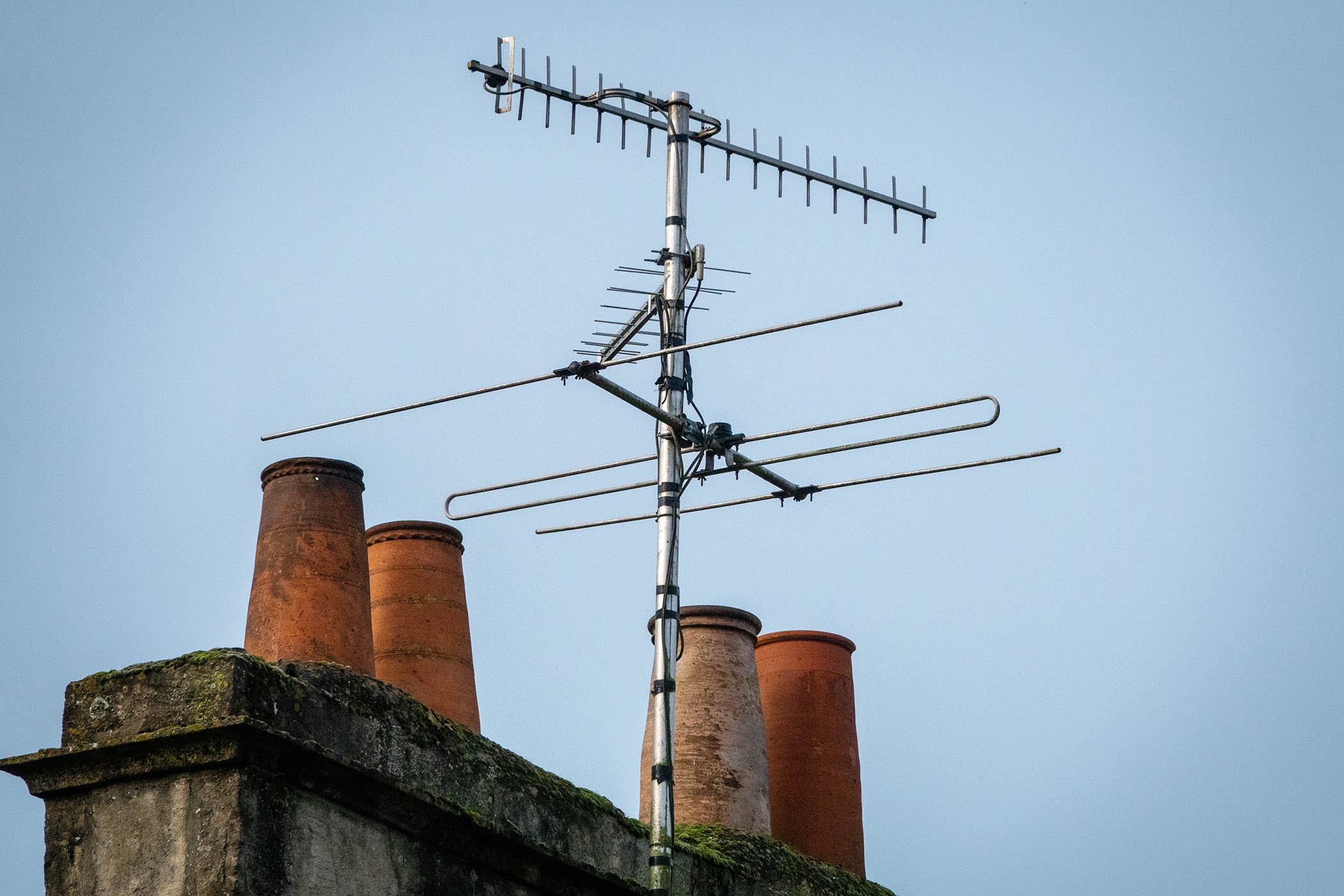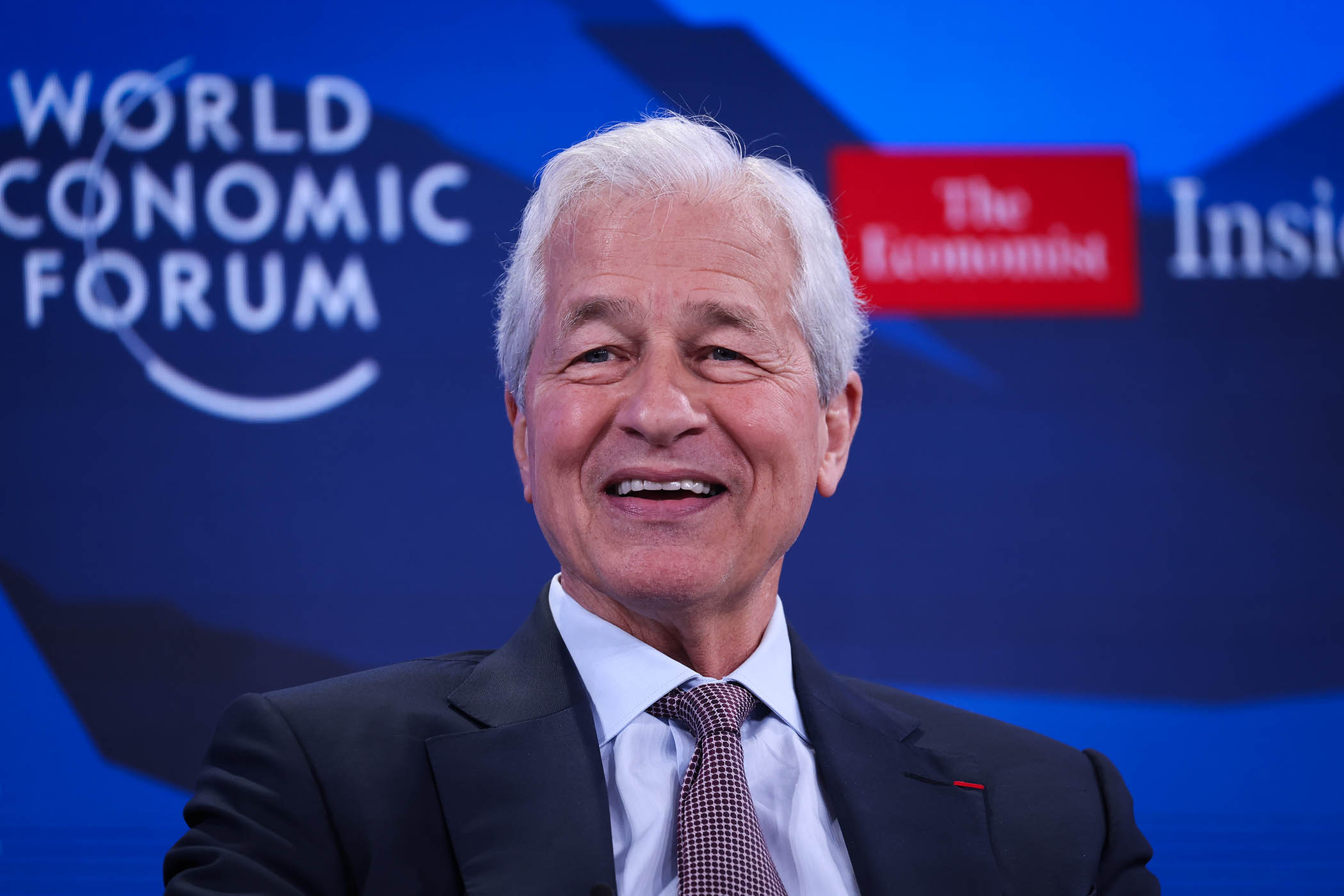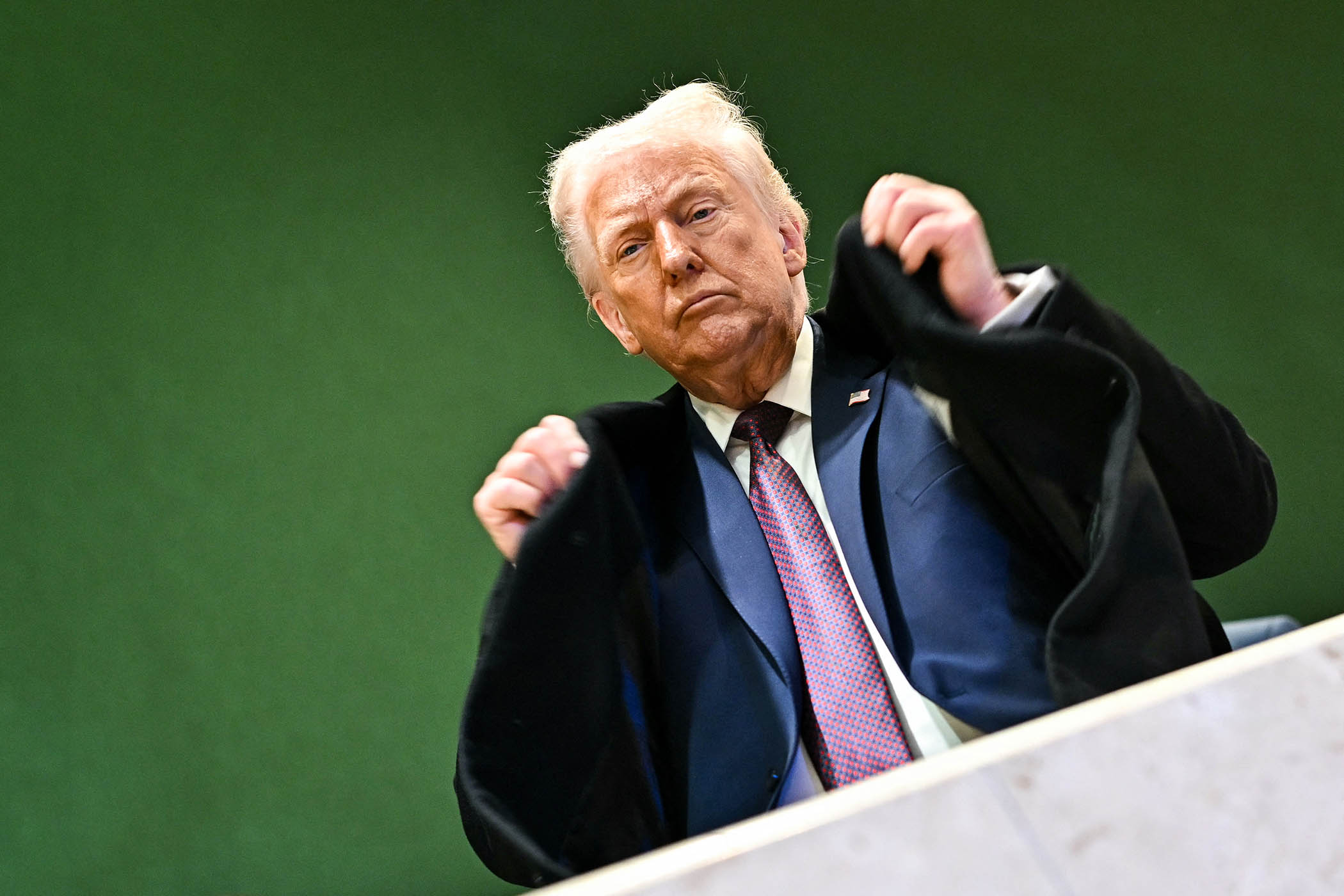Plans to switch off the UK’s TV transmitters and move all broadcasters to internet-only streaming are moving too fast and risk leaving 5.4m UK households without access to any television at all in 2035, a new report has found.
Mathew Horsman, an independent analyst and former managing director of research firm Mediatique, will warn this week that around 10 million people could lose access.
The Department of Culture Media & Sport (DCMS) will decide on when to switch off the country’s TV transmitters in 2026, using data from a report by Exeter University that predicts 95% of UK homes will be watching TV online by 2040 and just 1.4 million, mostly older, individuals from lower socioeconomic backgrounds will depend on terrestrial. In July, the media regulator, Ofcom, insisted a decision early in the year is essential “to manage an inclusive transition”.
Horsman’s figures paint a gloomier picture of the UK’s digital uptake than the Exeter report. The Digital Poverty Alliance, which campaigns over digital exclusion, thinks the figures are even higher, with nearly 20% of premises to be without adequate connections in 2040, owing to inability or unwillingness to pay. “You can build all the high-speed fibre that you want, but that tends to be more expensive than social tariff broadband, so people can’t afford to take that up,” says CEO Elizabeth Anderson.
The expected switch-off date of 2035 follows the end of ITV, Channel 4 and Channel 5’s current licences in 2034, the same year their contracts with Arqiva, the company that owns the UK’s TV transmitter network, finish. The BBC, meanwhile, enters its charter review with DCMS in 2027 and ends its transmitter contract in 2030. The BBC’s director-general, Tim Davie, said in May that the corporation wanted a switchover “in the 2030s, setting out the conditions and providing certainty to ensure success”.
The government is being taken along by this consensus view of 2035 … and we’re going down a route with blinders on
The government is being taken along by this consensus view of 2035 … and we’re going down a route with blinders on
Mathew Horsman, analyst
“I think the government’s being taken along by this consensus view of 2035 that the BBC is pushing and my fear is that we’re going down a route with blinders on, going hell bent for leather to get to an outcome,” Horsman told The Observer.
His report suggests commercial public service broadcasters (PSBs) would give up around £768m in ad revenue by shutting down the premium they can charge on broadcast ads. “Early switch-off could also threaten universality, eroding justification for the universal licence fee,” he adds.
The report was funded by Arqiva, but Horsman insists “this has nothing to do with protecting its interests”.
Related articles:
He proposes slimming down the transmitter network from six so-called “muxes” – the technology that carries multiple TV channels on a single frequency – to three, reducing broadcasters’ transmission costs and extending broadcast TV to 2045.
The switch to digital is a critical part of the government’s plan to deliver NHS, DWP and even education services online. Shutting down TV transmissions frees up space in the spectrum for improved mobile phone coverage, amongst other things.
Newsletters
Choose the newsletters you want to receive
View more
For information about how The Observer protects your data, read our Privacy Policy
A spokesperson for the PSB group Future TV Taskforce told The Observer delivering television over the internet in the mid-2030s “has the potential to close the digital divide once and for all”.
They added the shift is already being led by consumers, and that “this isn’t about forcing something through, it’s about transitioning in a planned, organised way,” so that “no one is left behind”.
Photograph by Matt Cardy/Getty Images



